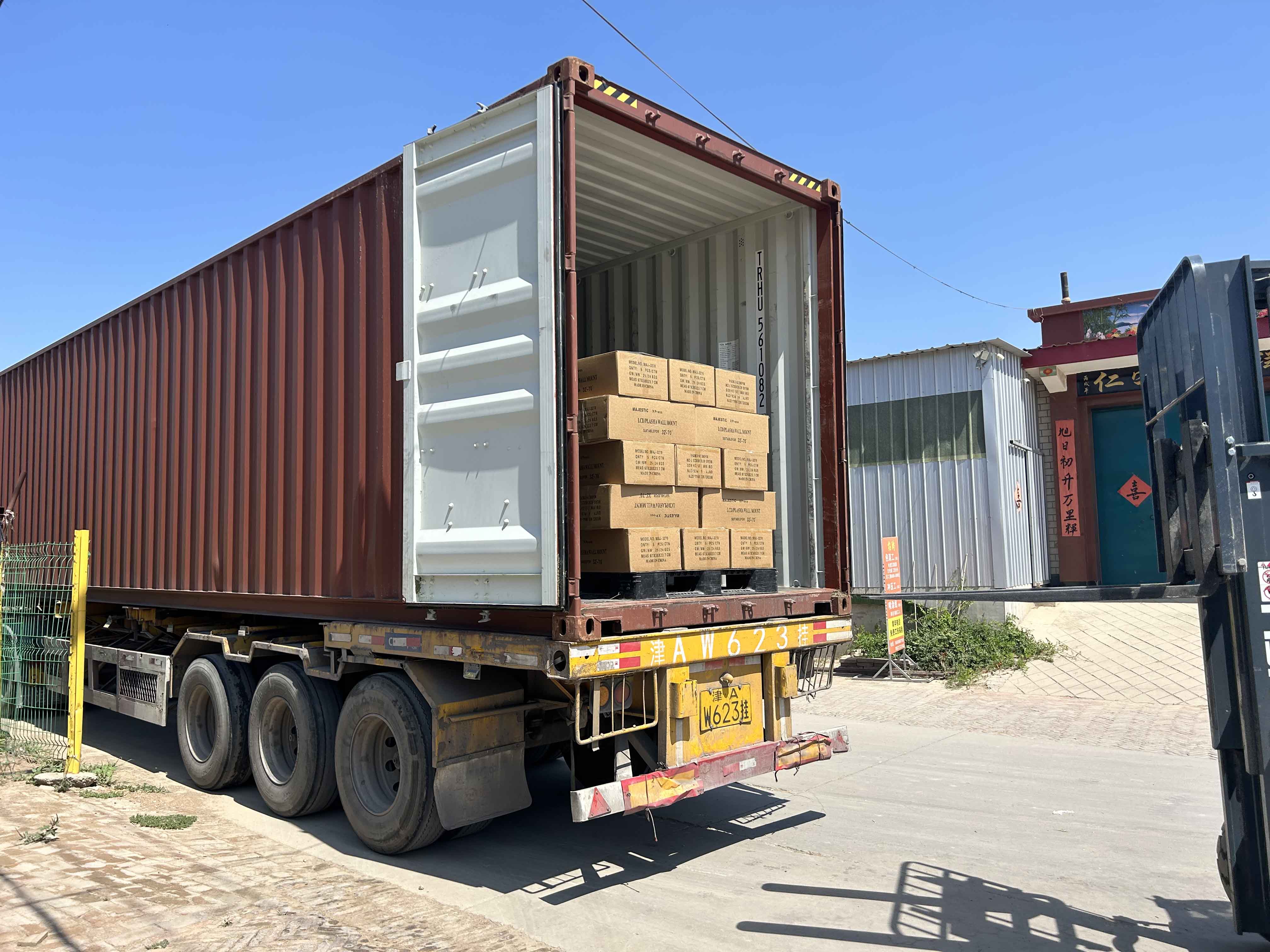China's TV Export Market Trends and Analysis for Manufacturers and Distributors
China's TV Export Market Trends and Analysis for Manufacturers and Distributors
Understanding China's Bracket for TV Exporters A Comprehensive Overview
In recent years, China has emerged as a powerhouse in the global electronics market, with its television manufacturing sector playing a pivotal role in this phenomenon. As the demand for televisions continues to rise worldwide, understanding the regulatory framework, including the China Bracket for TV exporters, has become essential for stakeholders in the industry.
The China Bracket Explained
The term China Bracket refers to a set of standards and regulations that apply to Taiwanese and mainland Chinese manufacturers exporting televisions. These regulations are designed to ensure that products meet both domestic and international quality standards, addressing concerns regarding consumer safety, energy efficiency, and environmental impact. The bracket also delineates pricing structures and tariff rates that exporters must navigate, which in turn affect competitive positioning in international markets.
Quality Standards and Compliance
As one of the largest producers of televisions globally, China has established rigorous quality standards that manufacturers must comply with before their products can be exported. These include certifications like the China Compulsory Certificate (CCC), which is mandatory for various electronic products, including televisions. Additionally, compliance with international standards, such as those set by the International Electrotechnical Commission (IEC), is often necessary for entry into foreign markets.
The emphasis on quality is further underscored by initiatives like the Green Manufacturing program, launched by the Chinese government, which promotes environmentally friendly production practices. This program encourages manufacturers to adopt technologies that minimize waste and energy consumption, which can be both a competitive advantage and a compliance requirement in markets increasingly focused on sustainability.
Tariffs and Trade Regulations
Navigating the China Bracket involves understanding the complex tariff structures based on the destination country. The Chinese government generally applies lower tariff rates to nations with which it has favorable trade agreements. For example, goods exported to members of the Regional Comprehensive Economic Partnership (RCEP) may benefit from reduced tariffs, which enhances competitiveness.
china bracket for tv exporter

Conversely, manufacturers exporting to regions with strict trade measures, like the United States, may face higher tariffs, which can significantly impact pricing strategies. These tariffs, in some cases, are a response to trade tensions and are designed to protect local industries from foreign competition. Chinese TV exporters thus must stay informed about evolving trade policies and adjust their export strategies accordingly.
Competitive Landscape
China's television exporters face fierce competition both domestically and internationally. Major players like TCL, Hisense, and Xiaomi dominate the market, leveraging advanced technology and aggressive pricing strategies. Additionally, foreign brands, such as Samsung and LG, vie for market share by introducing innovative features and premium products.
The China Bracket impacts this competitive landscape, as it shapes the pricing framework and influences how these brands position themselves in various markets. Exporters must therefore adopt agile business models, capable of adapting to rapid shifts in consumer preferences and market conditions.
The Future of Chinese Television Exports
The future of Chinese TV exports appears promising, fueled by technological advancements such as artificial intelligence, 8K resolution, and smart connectivity features. As consumer preferences shift towards more interactive and immersive viewing experiences, Chinese manufacturers are well-positioned to innovate and capture a larger market share.
However, challenges remain. Compliance with stricter environmental regulations, evolving consumer expectations, and geopolitical tensions may complicate the export landscape. Companies must continually invest in research and development to remain competitive while adhering to the China Bracket guidelines.
Conclusion
In conclusion, the China Bracket for television exporters plays a significant role in shaping the dynamics of the television manufacturing sector in China. By understanding the regulatory, quality, and tariff-based challenges, exporters can better navigate the global market landscape. As competition intensifies and technology continues to evolve, staying informed and adaptable will be essential for success in this vibrant and rapidly changing industry.
-
Reliable Tilt TV Mount Company & Manufacturer, Factory Price & ServiceNewsJul.29,2025
-
Installing TV Wall Mount in Apartment for Secure and Sleek SetupNewsJul.29,2025
-
High-Quality Tilt TV Mount Exporters for Secure InstallationNewsJul.29,2025
-
Professional Tilt TV Mount Company & Manufacturer, Competitive PricelistNewsJul.28,2025
-
Top Tilt TV Mount Exporters: Quality Manufacturer & Competitive PricingNewsJul.28,2025
-
Premium Tilt TV Mount Exporters & Manufacturers - Competitive PricesNewsJul.27,2025
